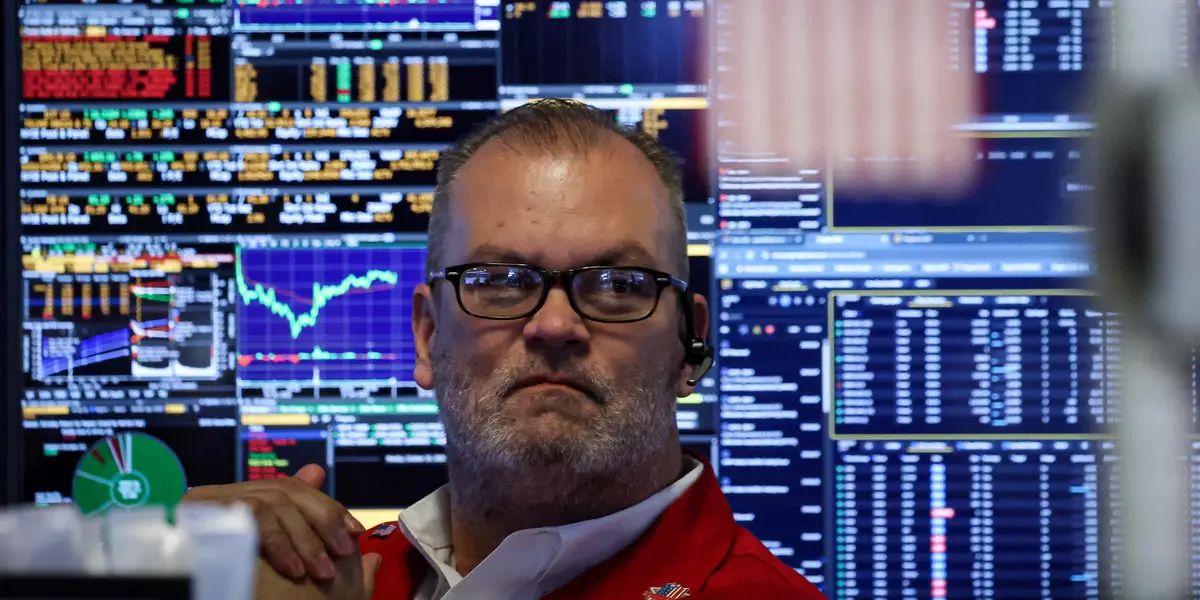Copyright Variety

After Warner Bros. Discovery said it has received acquisition overtures from “multiple parties,” top execs at Netflix were asked on the company’s earnings call whether they see industry consolidation changing the competitive landscape — and if Netflix sees an opportunity to participate in any major M&A activity. The upshot? Not really on either point. “It’s true that, historically, we’ve been more builders than buyers, and we think we have plenty of runway for growth without fundamentally changing that playbook,” co-CEO Ted Sarandos said, responding to an analyst question about M&A. “Nothing is a must-have for us to meet our goals that we have for the business.” Said Sarandos, “We’ve been very clear in the past that we have no interest in owning legacy media networks, so there is no change there. But in general, we believe that we can be and we will be choosy [about potential acquisitions]. We have a great business. We’re predominantly focused on growing organically, investing aggressively and responsibly into the growth and returning excess cash flow to shareholders” through share repurchases. Netflix does focus “on profitable growth and reinvesting in our business, both organically and through selective M&A,” Sarandos said. “And when it comes to M&A opportunities, we look at them — and we look at all of them — and we apply the same framework and lens that we look at when we look to invest in a build.” Those include: Is it a big opportunity? If it’s IP, does it strengthen our entertainment offering? Is there additional value in ownership? Does it strengthen our existing capabilities somehow? And does it accelerate our existing strategy? In addition, Netflix evaluates “all these things relative to the price, relative to the opportunity cost, and relative to other alternatives,” Sarandos said. Greg Peters, Netflix’s other co-CEO, chimed in about how M&A might change the competitive landscape. “We’ve always faced significant competition. We still face it today,” noting industry consolidation over the years including Disney buying 21st Century Fox, Amazon buying MGM, AT&T acquiring Time Warner Inc., and Discovery buying Time Warner to former Warner Bros. Discovery. “But you know, none of those mergers were a fundamental shift in the competitive landscape, and we have seen also a wide range of outcomes from such mergers,” Peter said, echoing previous comments he’s made on the topic. “So watching some of our competitors potentially get bigger via M&A does not change, in and of itself, at least our view on the competitive landscape, and we don’t think it changes the substance of the challenge that our competitors face, specifically the range of activities that we and our competitors have to get great at has never been assembled in a single company before. “Think about, you know, producing film and TV shows across multiple genres and multiple languages in dozens of countries around the world, trying to figure out how to incorporate the latest technology, including, you know, AI and Gen AI,” Peter said. “Our competitors are seeking to get better all those things, of course, as well, but you have to do that by the hard work of developing those capabilities in the trenches day to day. You don’t get there simply by buying another company that is also still developing those same capabilities.”



